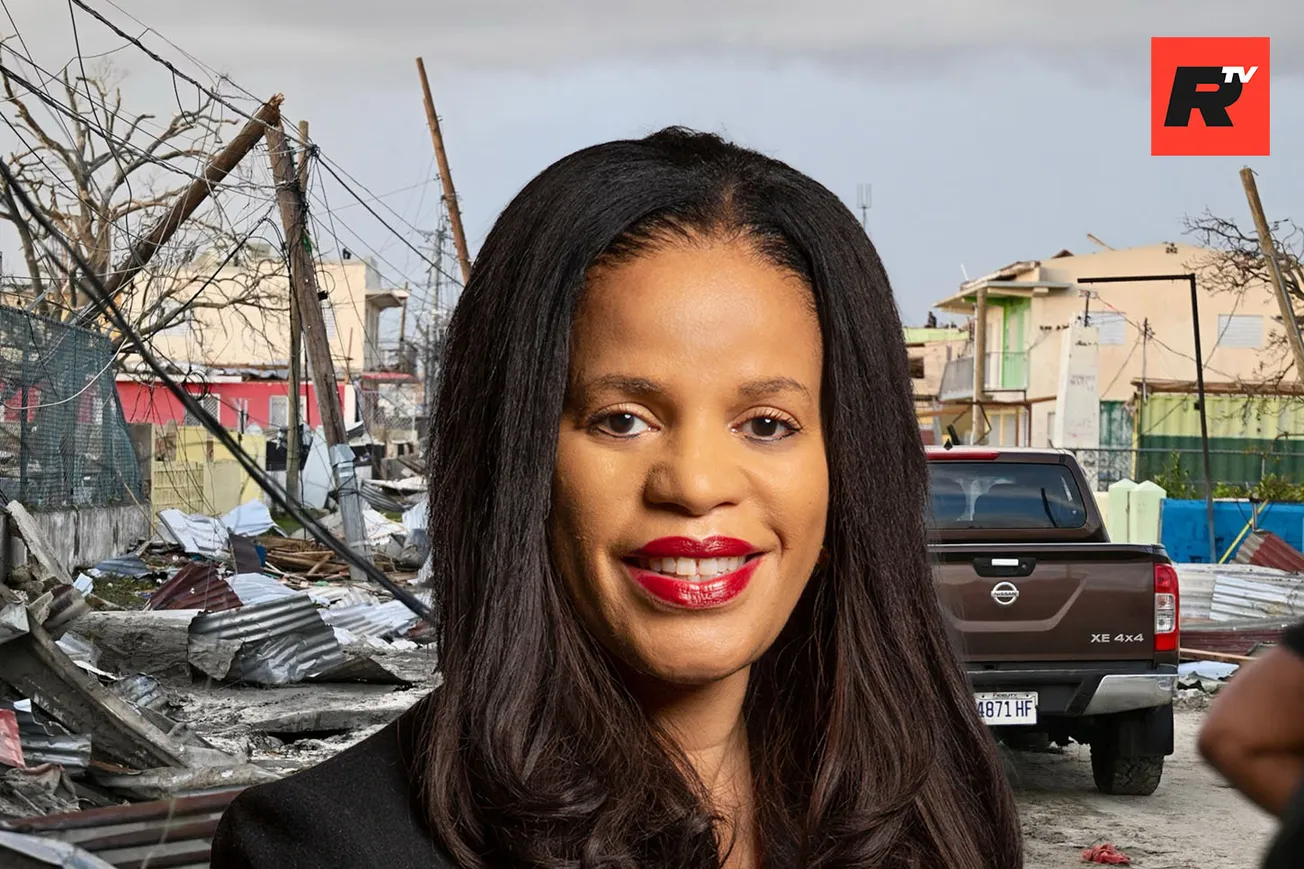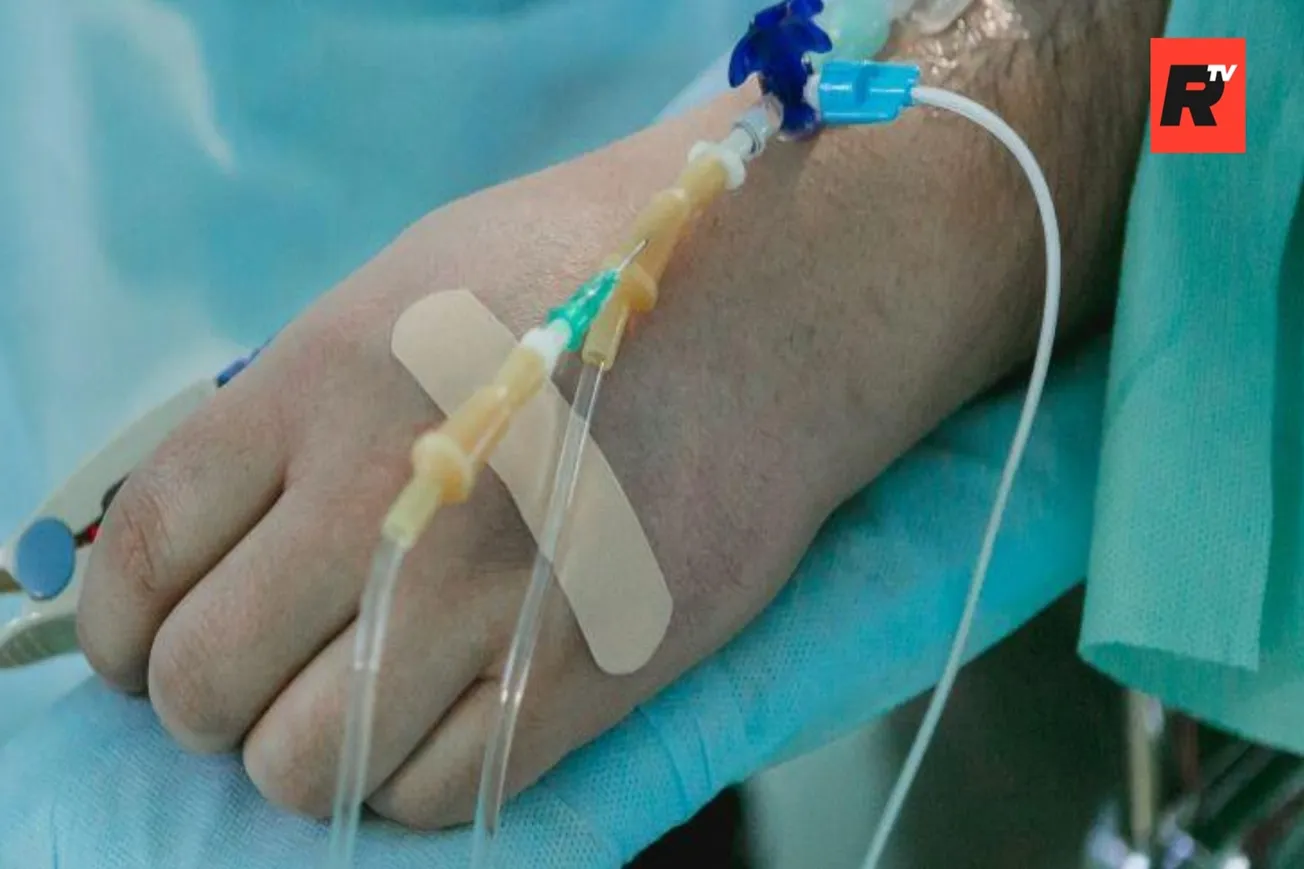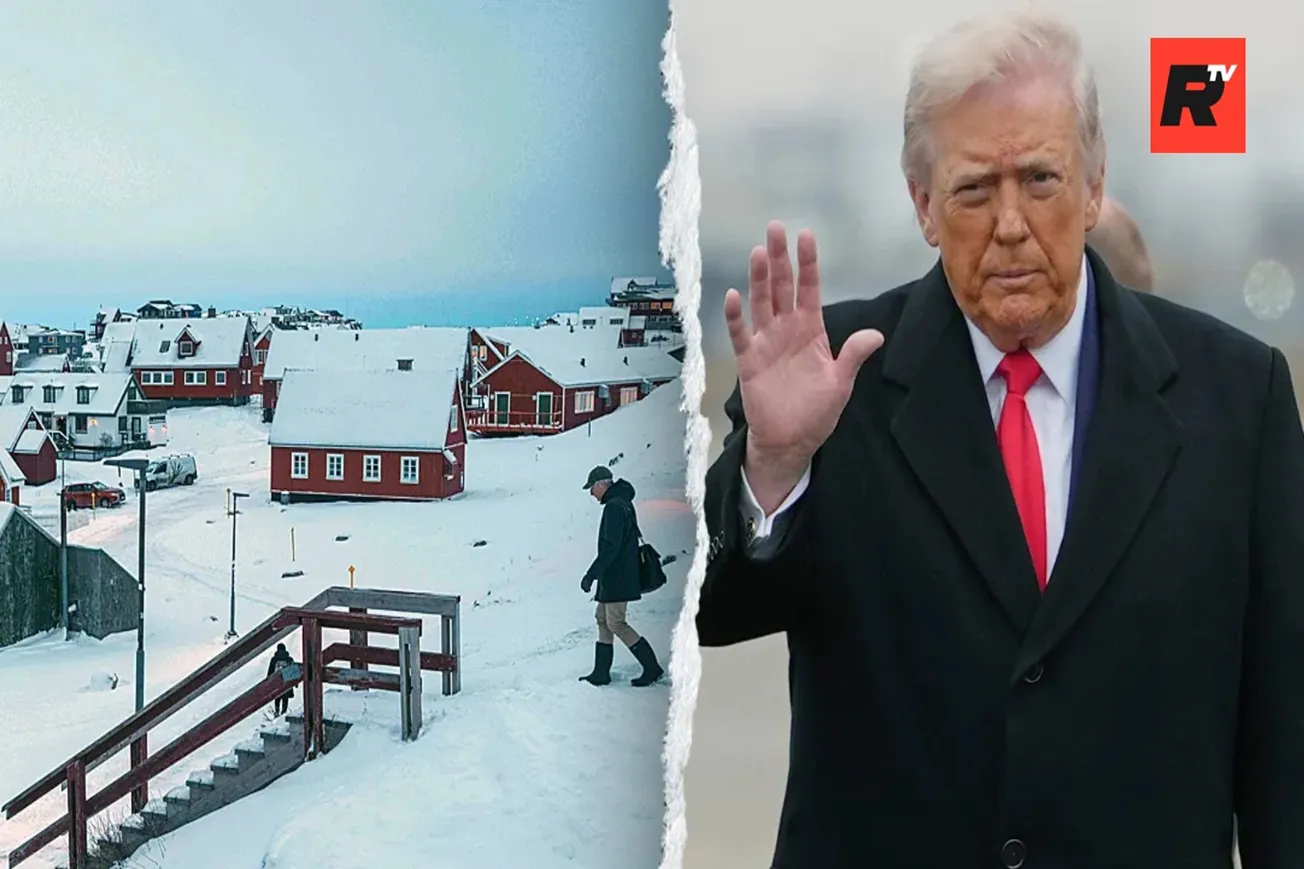Table of Contents
Just when the winds of Hurricane Melissa had barely died down, leaving a trail of shattered homes and shattered lives across Jamaica, the grievance industry swoops in like vultures over a fresh kill.
What should be a raw tale of human grit against nature's fury is now the latest altar for "social justice" sermons, with activists demanding reparations not just for ancient sins but for every gust of wind
Former British lawmaker Claudia Webbe, ever the firebrand of the far left, fired off a tweet this week declaring that "rich nations owe reparations to Jamaica for the climate disaster they have caused."
Accompanied by a clip of desperate locals wading through waist-deep floodwaters amid flattened villages, her Nov. 3 post has racked up over 3.5 million views, 500 likes and thousands of replies — mostly eye-rolls and memes from skeptics who see it as yet another hijacking of tragedy for the social justice grift.
Rich nations owe reparations to Jamaica for the climate disaster they have caused. pic.twitter.com/4H3crpdDAg
— Claudia Webbe (@ClaudiaWebbe) November 3, 2025
Now, the natural disaster is becoming another "social justice" issue, with activists demanding payouts from the West as if carbon guilt could rebuild a roof or bury the dead.
Britain enriched itself through 600,000 Jamaicans enslaved. Now Jamaica drowns in £13.64bn external debt, while climate catastrophe-caused by imperial powers- devastates through Hurricane Melissa
— Claudia Webbe (@ClaudiaWebbe) November 4, 2025
Immediate debt cancellation and climate reparations constitute basic decolonisation
Hurricane Melissa slammed into Jamaica's southwest coast on Oct. 29 as a record-shattering Category 5 storm, the strongest to hit the island since records began, packing sustained winds of 180 mph and gusts up to 210 mph.
Pray for Jamaica pic.twitter.com/OXi8RaL3Vh
— Gunther Eagleman™ (@GuntherEagleman) October 28, 2025
The slow-moving beast dumped up to 40 inches of rain in 48 hours, triggering landslides that buried entire communities and storm surges that swallowed coastal towns whole.
One week later, the confirmed death toll stands at 67 in Jamaica, part of a Caribbean-wide 75 fatalities, including 43 in neighboring Haiti and four in the Dominican Republic.

Officials warn the number could climb as search teams, hampered by debris-choked roads and failed bridges, reach remote areas like St. Elizabeth Parish, where entire neighborhoods vanished into the sea.
Damage assessments paint a grim ledger: Prime Minister Andrew Holness announced Tuesday that destruction to homes, roads, hospitals and banana plantations totals 28 percent to 32 percent of Jamaica's $20 billion annual GDP — roughly $6 billion in a nation already reeling from last year's Hurricane Beryl.
Five major hospitals remain offline or relocated, overwhelming emergency rooms with injuries from cleanup efforts: falls from unstable ladders, nails through feet, and infections from contaminated floodwater.
Power outages blacked out 70 percent of the island, and 25,000 tourists were airlifted amid the chaos.

The storm, fueled by record Atlantic warming, lingered for days, amplifying its fury — a hallmark of climate-amplified weather, experts say, though Jamaican officials prioritize aid over finger-pointing.
Left-wing outlets like The Observer and The Guardian amplify calls from 43 Jamaican civil society groups and activists like Claudia Webbe, the ex-UK MP whose viral tweet blasts "rich nations" for owing climate atonement tied to slavery's legacy.
They argue Jamaica, emitting just 1 percent of global greenhouse gases, reaps the whirlwind sown by Europe's Industrial Revolution — bankrolled, they claim, by the transatlantic slave trade that ravaged the island for centuries.
Grenada Reparations Commission head Arley Gill deems the link "inescapable," urging fossil-fuel polluters to fund resilience as payback for colonial plunder.
It's a potent narrative, blending historical wounds with modern peril, but one that risks eclipsing the immediate grind of shovels in the mud.
The U.S. and Canada have pledged $100 million in immediate relief, with helicopters ferrying food and water to cut-off hamlets.








